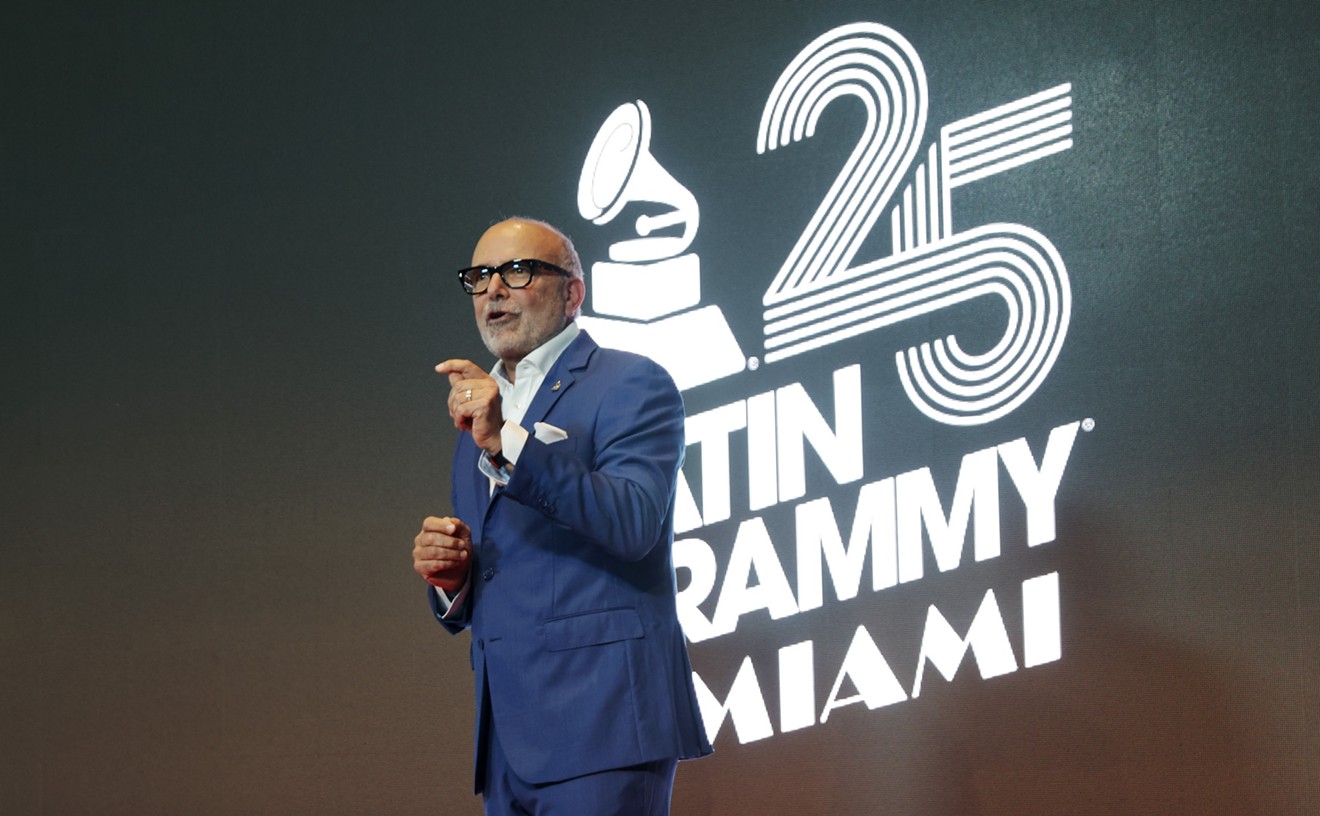Gunther Schuller's name may not be as well known as say, Miles Davis, Ornette Coleman or Ludwig Von Beethoven. And yet, in his own way, he brought their musical mores together by creating a unique synthesis of jazz and classical music that not only helped to redefine modern music, but also proved to be part of a pioneering, cutting-edge movement that still resonates today.
In 1957, Schuller -- a professional horn player since the age of 15 and former member of the American Ballet Theatre, the Cincinnati Symphony Orchestra, and the Metropolitan Opera Orchestra in New York -- coined the term "Third Stream" to describe that merger of jazz and classical techniques.
"There was tremendous resistance at first, especially from the music critics," he recalls now. "Both sides thought it would diminish the quality of the respective forms. And there was some racism involved too. After, all, here we were taking a genre that was primarily African American in origin and merging it with this very formal European tradition."
Even so, Schuller wasn't daunted by the opposition. "If you aspire to be a great artist, then you must expect that there will be resistance to what you want to do," he insists. "That's part of the process."
Unfortunately, the new works he composed often worked better in theory than in performance. "There weren't many musicians who were adept enough to play this new music well," he remembers. "It would often sound stiff and awkward. So in order to get the musicians who were capable, I'd sometimes have to wait months to give a performance because they simply wouldn't be available." Nevertheless, Schuller not only persevered, but also opened up new outlets for performance as well. Although he gave up performing in favor of composing and conducting, he went on to write for both large orchestras and small ensembles, works that meshed the intimacy of chamber music, the vibrancy and spontaneity of jazz, and the stoicism of classical conceits.
Among the more than 200 pieces he's composed, many have featured instruments that are usually relegated to supporting roles and not given opportunity to solo -- including bassoons, bass, contrabassoon and various brass instruments.
"I've always been drawn to the instruments on the lower tier," Schuller say. "The upper level instruments always get all the attention. It was always my intention to feature the instruments that rarely get the spotlight."
Ironically, Schuller's affection for musicians doesn't always extend to his fellow conductors. In his 1997 book "The Complete Conductor," he analyzed dozens of recorded works and lambasted the conductors of those works for their brazen attempts to unnecessarily tamper with the original work.
"It's a matter of excessive egos," he complains. "These people think that they're rock stars. There's nothing the musicians can do. You can never question a conductor. And the audience doesn't know any better. But the liberties that they take with the composers' original arrangements are criminal."
The frustration he's felt when judging the work of his peers has been mooted to a great extent by the recognition he's received himself. The recipient of a 1994 Pulitizer Prize for his composition Reminiscences and Reflections, the "Genius Award" from the MacArthur Foundation and several Lifetime Achievement Awards, he's pioneered a worldwide synthesis that eventually expanded to encompass World, Rock, Jazz, Classical, Folk and everything in-between. In the process, he championed a populist movement that's engaged listeners worldwide.
At age 86, he's still as active as ever, although he concedes that he now needs six hours of sleep instead of the four or five. "I've had a sweet, lovely, rewarding life," he reflects. "When it's my time to go, I only hope that I can be serenaded by all this beautiful music that I've surrounded myself with all my entire life."
Gunther Schuller lecture as part of the Stamps Family Distinguished Visitors Series. Friday, Septmber 30. Clarke Recital Hall on the University of Miami campus. The event begins at 3:30 p.m. and it's free with pre-requested ticket.
Gunther Schuller with the Frost Symphony Orchestra as part of Festival Miami. Saturday, October 1. Gusman Concert Hall, 1314 Miller Dr., Coral Gables. The performance begins at 8 p.m. and tickets cost $25 to $85.
Gunther Schuller with Frost Chamber Players as part of Festival Miami. Sunday, October 2. Gusman Concert Hall, 1314 Miller Dr., Coral Gables. The performance begins at 8 p.m. and tickets cost $25 to $85. Visit festivalmiami.com.
Follow Crossfade on Facebook and Twitter @Crossfade_SFL.










